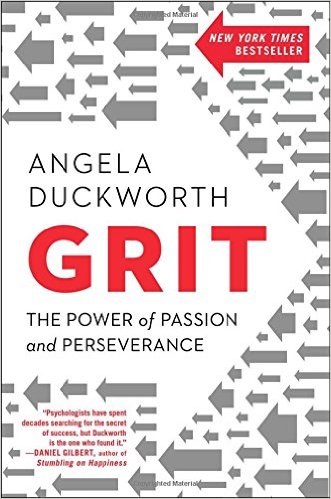6. A Limitless Approach to Collaboration
- Connecting with people and ideas enhances neural pathways and learning. When one professor noticed that 60% of his black students failed his course while 100% of the Asian students passed he wanted to know why. After several dead ends, he found that all of the Asian students worked together while none of the black students did. He started a program to allow black students to collaborate and soon they reached a 100% passing level. This approach is broadly used. (Doug: How about at your school?) Since prior teachers may not have allowed students to work together, you may have to teach them how. Jo provides tips here for doing this.
- Studies show that students who work on projects together outperform students traditionally taught. Such projects also narrow achievement gaps. Working with others can also provide emotional support. Students should join clubs or do whatever it takes to connect with their greater community. Value others who are different. Interacting well with others is a form of equity. You will also learn more than subject knowledge. Explaining your work and teaching others leads to higher achievement.
- Jo tells a story of how she was bullied by another math professor who was threatened by her work. Her studies ran counter to his traditional approach and he found like-minded academics to help him essentially slander her. She moved back to the UK, but a few years later decided to go back to Stanford and tell her story. She was greeted with tremendous support and stories from other female researchers who had also been bullied.

Conclusion Living Without Limits
- This chapter reviews and reinforces the main concepts from the book along with some stories about people who have adopted the advice here. Jo also mentions the concept of Grit made popular by Angela Duckworth. (Click here for my summary of Grit: The Power of Passion and Perseverance by Angela Duckworth) The main point is that freedom and creativity can lead to grit, but grit will not lead to freedom and creativity.
- In short, you can choose to be positive. You can choose to stay mentally active, which studies show can help prevent dementia. You can choose to reach for the stars and encourage people you interact with to do the same. By taking the right perspective your journey can be truly limitless. Thanks, Jo.
Jo Boaler
- Jo is a British education author and is Professor of Mathematics Education at the Stanford Graduate School of Education. She is involved in promoting math education reform and equitable mathematics classrooms. She is the CEO and co-founder of Youcubed, a non-profit organization that provides mathematics education resources to parents and educators of K–12 students. Her most recent book is Mathematical Mindsets summarized here. She is also the author of seven books including, What’s Math Got To Do With It? and The Elephant in the Classroom. Her book, Experiencing School Mathematics won the Outstanding Book of the Year award for education in Britain. Currently, she is the Research Commentary Editor for the Journal for Research in Mathematics Education.
DrDougGreen.com If you like the summary, buy the book





